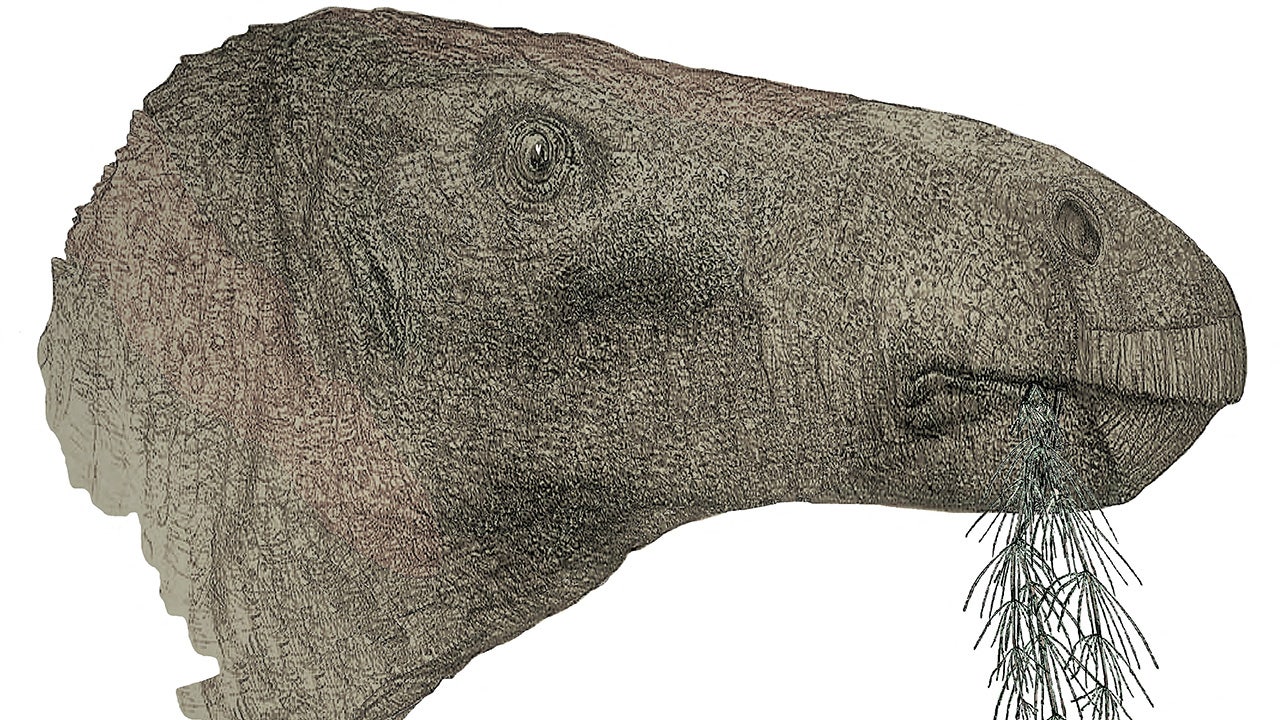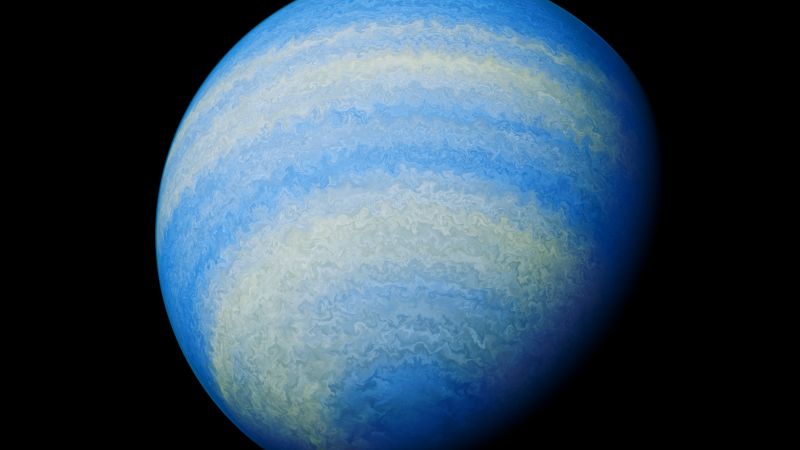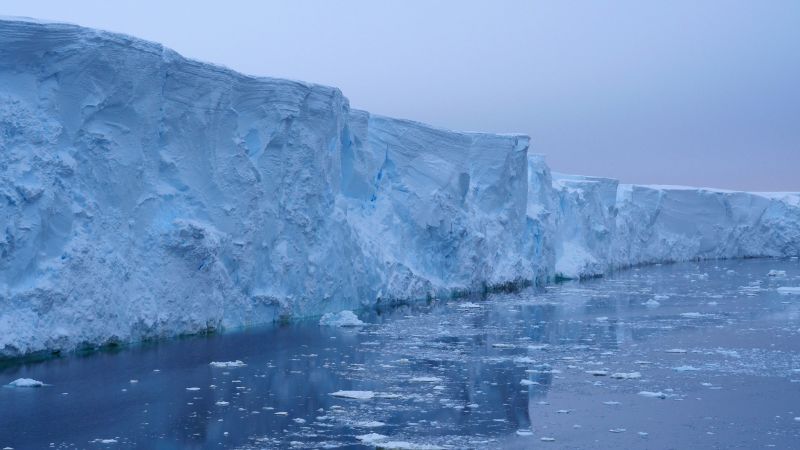IFL Science
IFL Science is a UK-based science website that provides engaging and accessible content about scientific discoveries and developments. The site covers a wide range of topics, from the latest research to environmental challenges, with the goal of informing, educating, and inspiring readers. The site's team consists of award-winning journalists and editors with expertise in various scientific fields. IFL Science is committed to honesty, integrity, transparency, evidence-based reporting, impartial politics, accessibility, and making science fun.
90%
The Daily's Verdict
This news site has a mixed reputation for journalistic standards. It is advisable to fact-check, scrutinize for bias, and check for conflicts of interest before relying on its reporting.
Bias
95%
Examples:
- IFL Science presents information in an accessible and engaging manner, breaking down complex scientific concepts for a general audience.
Conflicts of Interest
95%
Examples:
- The site occasionally includes conflicts of interest such as mentioning lab-grown human skin in a story about a robot's face, which could be seen as promoting the use of that technology.
Contradictions
85%
Examples:
Deceptions
80%
Examples:
- The site also occasionally includes speculative or attention-grabbing statements in their articles, such as 'We might owe wine to the asteroid that killed the dinosaurs 66 million years ago'.
- The site may sometimes use sensational language or headlines to grab readers' attention, such as 'Watch This Uncanny Robot Face Grin and Frown Thanks to Self-Healing, Lab-Grown Human Skin'.
Recent Articles

Newly Discovered Iguanodontian Dinosaur, Comptonatus chasei, Named after Isle of Wight Discoverer and Unveils Fast Evolution Rates during Early Cretaceous Epoch
Broke On: Wednesday, 10 July 2024
New Discovery: Hydrogen Sulfide Detected in Exoplanet HD 189733b's Atmosphere
Broke On: Monday, 08 July 2024
Record-Breaking Heatwave: Death Valley Reaches 128 Degrees Fahrenheit, Claims Lives and Sets Global Temperature Record
Broke On: Monday, 08 July 2024
Mysteries of Mars: Unraveling the Formation of Aganippe Fossa, a 600-km Long Graben on Arsia Mons
Broke On: Saturday, 06 July 2024
NASA's Discoveries of X and C-shaped Formations in Earth's Ionosphere: Unraveling the Mysteries of Space Weather
Broke On: Monday, 01 July 2024
Discovering the Past of Grapes: Fossilized Seeds Shed Light on Their Evolution After Dinosaurs' Extinction
Broke On: Monday, 01 July 2024
Researchers Attach Living Skin Tissue to Robots, Bringing Us Closer to Human-Like Expressions
Broke On: Friday, 28 June 2024
Saving Frogs with DIY Heated Shelters: A Cost-Effective Solution to Fight Chytrid Fungus
Broke On: Wednesday, 26 June 2024
Newly Discovered Tipping Point in Antarctic Ice Sheet Melting Process Could Lead to Significant Sea Level Rise
Broke On: Tuesday, 25 June 2024